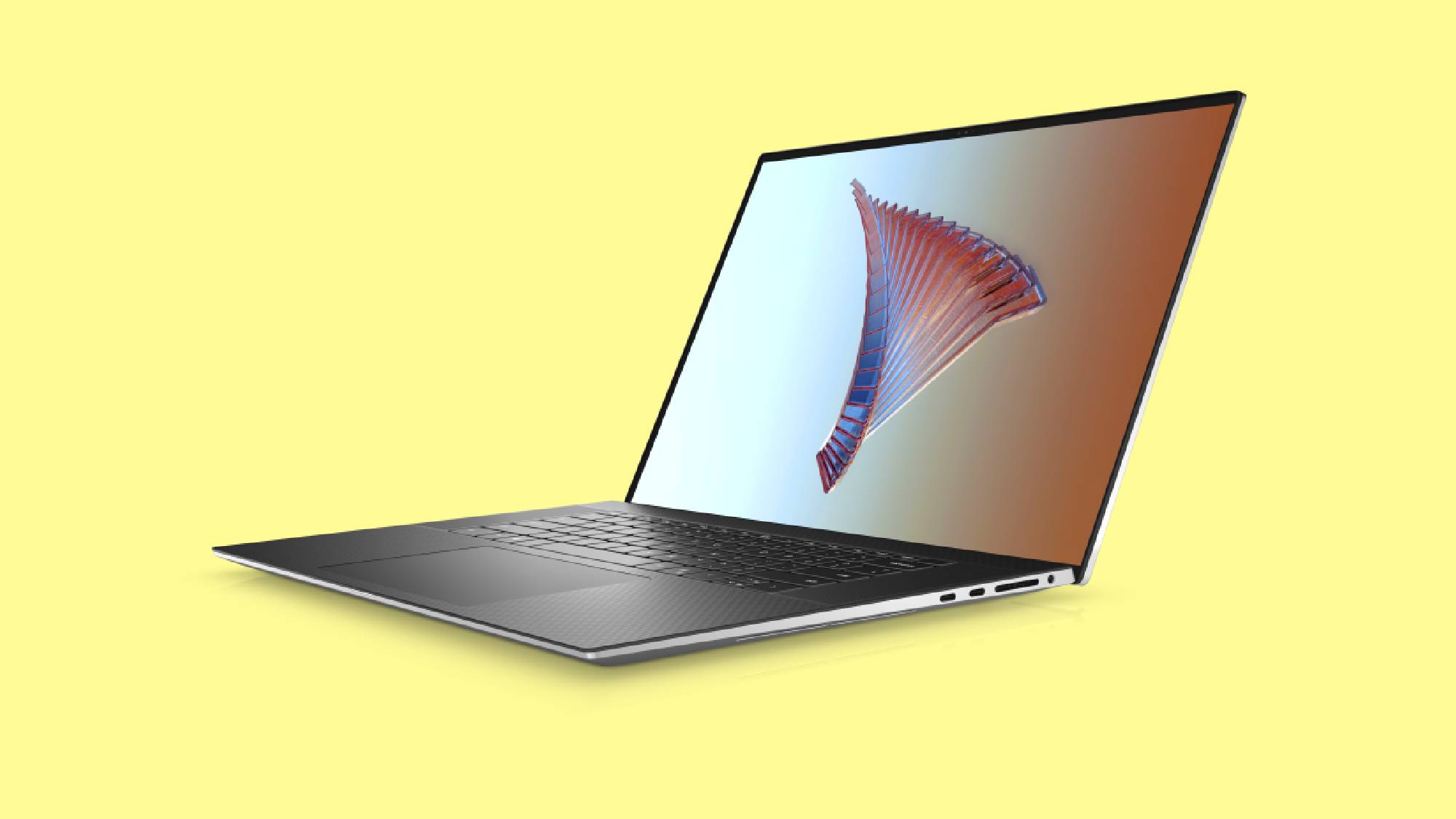Dell XPS 17 has this major battery drawback — and it could be a deal-breaker for some
The XPS 17 drains power even when it's being charged

We are currently hard at work on our Dell XPS 17 review but before you give it a read (give us a few more days), there is something you should know about the MacBook Pro rival.
As reported by Notebookcheck, the XPS 17's battery drains when the laptop is running a heavy load...even when it's plugged in. Any task that requires more than 100 watts of power will cause the battery life to slowly decline when the laptop should actually be recharging.
A Dell spokesperson told us that this was expected and normal behavior, which suggests a solution for keeping the laptop charged while gaming isn't in the works.
- XPS 13 vs XPS 15 vs XPS 17: Which Dell XPS is right for you?
- Best 17-inch Laptops in 2020
- Dell XPS 15 (2020) review
Notebookcheck ran some tests to figure out exactly what was going on. The site played Witcher 3 and found the total system power to be around 135 W, marginally above its 130 W max charging rating. However, a multimeter measured only 105 W of power coming from the AC adapter. As a result, the 91Wh battery in the XPS 17 went from 100% to 65% (60.5 Wh) charged after two hours of gaming.
XPS 17 owners have posted similar results on social media and forums. One Reddit user conducted their own test and determined that the actual amount of power going to the XPS 17 was well below 130 W.
"The BIOS will show the laptop negotiating the normal 130 watts with the power adapter," Reddit user uglycowboy posted. "The real problem is that when you measure the actual power from the wall socket it shows that the power adapter is only providing 100 watts max (the USB-PD spec max). That's a massive 30-watt deficit and it's why the XPS 17 has a problem."
Why does this happen? It's a numbers game. The XPS 17 charges via Thunderbolt 3, which has an official maximum capacity of 100 W. Dell, however, increased this spec to 130 W for the XPS 17 because it's meant for power users who run demanding software.
Sign up to receive The Snapshot, a free special dispatch from Laptop Mag, in your inbox.
While that should be enough to keep the XPS 17 charging during most tasks, certain workloads will extend beyond its charging capabilities, causing it to drain the battery. Anything that kicks on the optional Nvidia GeForce RTX 2060 Max-Q will push the XPS 17 to its limits. This is why the lower-end models with integrated graphics probably won't run into the same problem (we'll confirm this is the case in the coming days).
XPS 17 isn't the only offender
Similar problems were encountered with the Razer Blade Stealth and the Microsoft Surface Book 2, two laptops with discrete graphics that charge via USB-C.
When you played a game on these systems, they would slowly leak power while plugged in.
What to do now
If you own an XPS 17, you should hope Dell releases an update that can fix this annoying limitation. Unfortunately, the response we received from Dell -- that this is normal behavior -- suggests it won't be resolved. Interestingly, we didn't run into the same problem with the XPS 15, which Notebookcheck also tested with a 135 W power consumption.
There are a few things you can try to get the XPS 17 charging while you game or run demanding programs. One possible solution is to lower its power mode, although that will impact performance and potentially make the game or app you're running unusable. The other option -- and it's not a great one -- is to monitor your battery and avoid extended sessions where heavy tasks are constantly running.
It's worth noting that the XPS 17 will charge normally under lighter workloads; the problem only arises when you push the CPU and GPU. So unless you're using the XPS 17 as your gaming laptop (if you are, consider buying one of these best gaming laptops) or your work requires you to run heavy apps at all times, this shouldn't be a huge issue.
If you visit Laptop Mag in a few days, you'll be able to read our full review of the XPS 17.
Phillip Tracy is the assistant managing editor at Laptop Mag where he reviews laptops, phones and other gadgets while covering the latest industry news. After graduating with a journalism degree from the University of Texas at Austin, Phillip became a tech reporter at the Daily Dot. There, he wrote reviews for a range of gadgets and covered everything from social media trends to cybersecurity. Prior to that, he wrote for RCR Wireless News covering 5G and IoT. When he's not tinkering with devices, you can find Phillip playing video games, reading, traveling or watching soccer.

